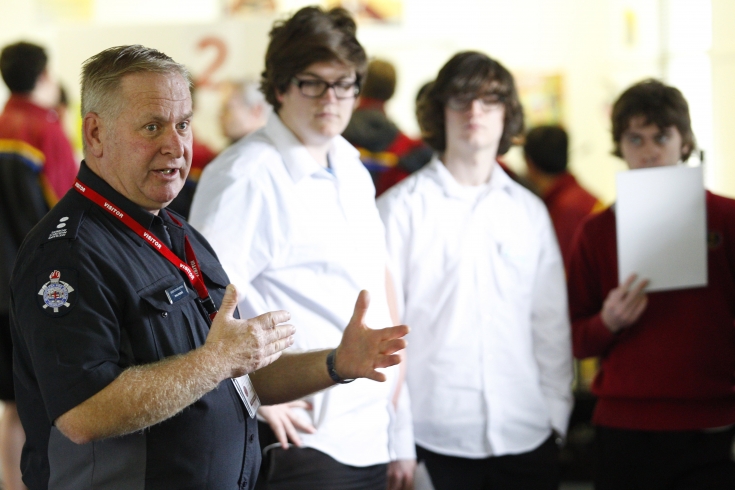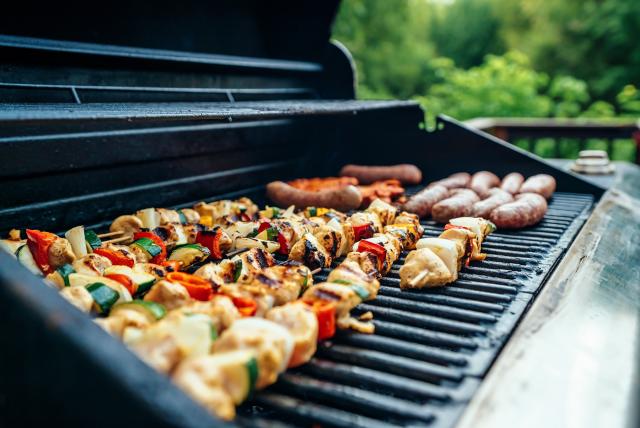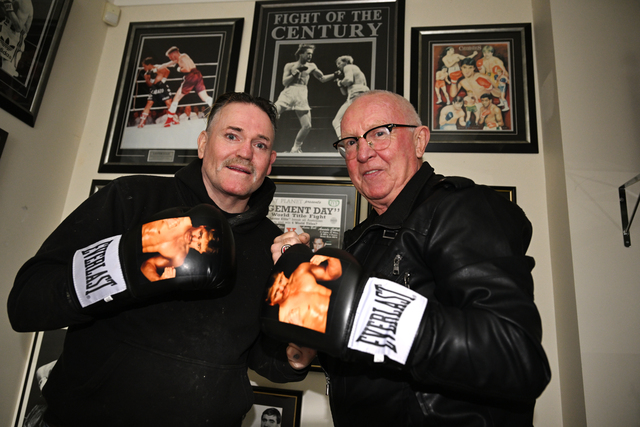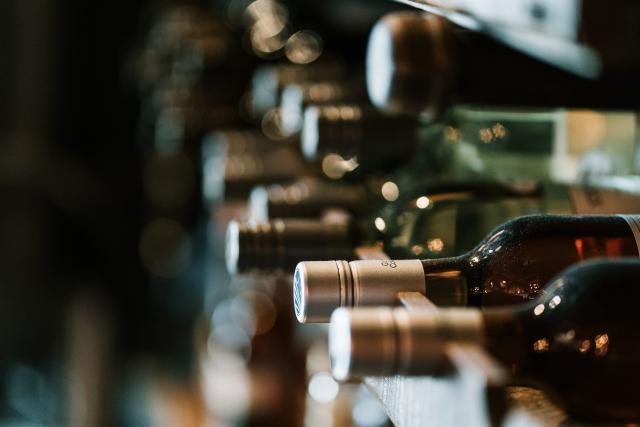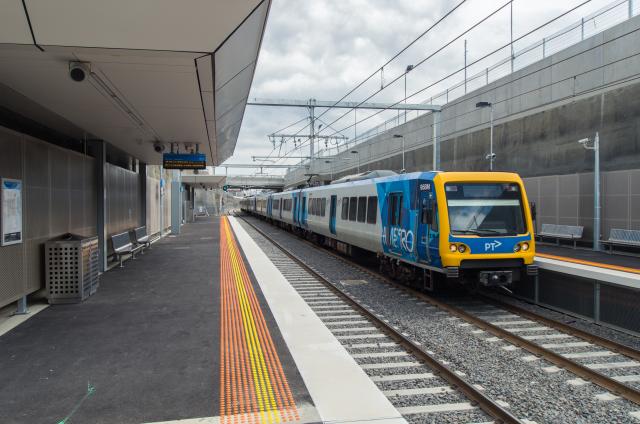PRETEND you need to spew. That’s one way to get out of a car that’s headed for a crash, MFB firefighter Paul Foster told Williamstown High School year 11 students last Thursday.
He was speaking to students at a Fit to Drive workshop, a road trauma education program that aims to stop teenagers being over-represented in road collisions, the leading cause of death for Australians aged 15-25.
Victorian P-plate drivers are involved in three times more crashes than experienced drivers.
And while Mr Foster’s advice got a laugh, the students fell deadly silent when shown images of a road fatality in which two teenagers in a car boot died on impact.
Afterwards, the students discussed who was responsible, the influence of peer pressure and what different choices they could have made.
Chaired by former Hobsons Bay mayor Leigh Hardinge, F2D involves university students talking to year 11 students about risk-taking behaviour and looking after their mates on the road.
The workshops sometimes have a wheelchair-bound road trauma survivor and police attend.
Addressing Thursday’s workshop, Mr Foster said he had been on the MFB rescue van for 15 years. “I’m sick of turning up at one o’clock on a Saturday morning and having to cut a young person from a car,” Mr Foster told the students.
He said that if the teenagers ever found themselves in a dangerous situation on the road, he had an idea they could use.
“If you need to make a car stop to get out, say, ‘I’m gonna spew’,” Mr Foster said. “Say you need a burger.”
Say anything to save your life.
Mr Foster told the Weekly that any crash was terrible but one involving a young person was worse.
“Most firefighters, when they hear you’re going to a car crash, the heart rate goes a little bit harder because you know nine times out of 10 it’s gonna be a job. It’s not gonna be a false alarm.
“I think there’s a hell of a difference made by these talks and we get a lot of feedback,” Mr Foster said.
“After today, a lot of the kids will come up and talk to us, saying that they liked the session, that they got a lot out of it because they’re actually talking to people who do attend these scenes.
“We can maybe speak in a language that they understand a bit more.”

